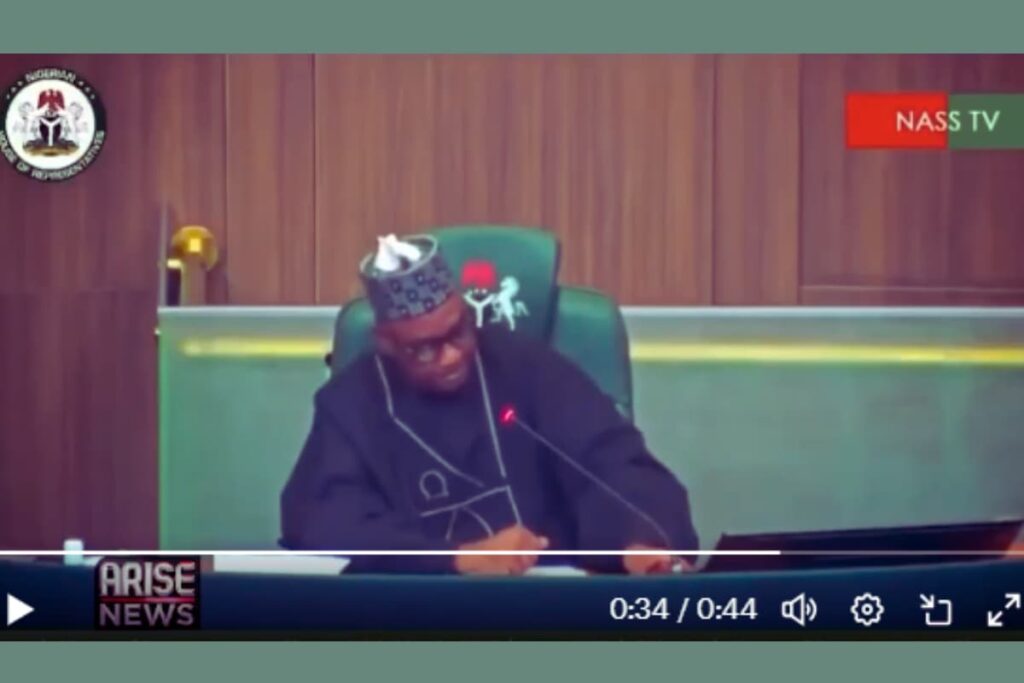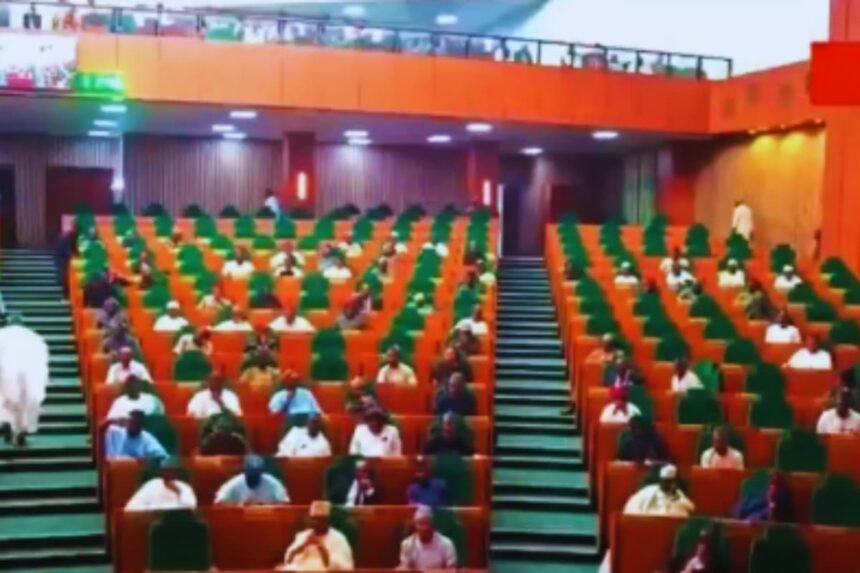In a significant legislative move, the Nigerian House of Representatives, in a voice vote at plenary, endorsed the declaration of a State of Emergency in Rivers State by President Bola Ahmed Tinubu. The resolution also approved the suspension of Governor Sim Fubara, his deputy, and all elected members of the State House of Assembly for six months. However, legal experts and constitutional analysts have raised concerns regarding the legality of such a decision, particularly the method of voice voting in this context.
The declaration of a State of Emergency in Nigeria is governed by Section 305 of the 1999 Constitution (as amended). According to this provision, the President has the authority to proclaim a state of emergency in any part of the country but must secure the approval of the National Assembly within two days if the legislators are in session, or ten days if they are not.
Subsection 6 of Section 305 stipulates that such approval must be obtained through a resolution supported by a two-thirds majority of all members of each legislative chamber. This requirement raises questions about the legality of a voice vote as a method for approving such a critical decision.
Voice voting, a common parliamentary practice, involves lawmakers verbally expressing their votes by saying ‘aye’ or ‘nay,’ with the Speaker or Senate President determining the majority based on the volume of responses. While this method is frequently used for procedural motions and minor legislative matters, its application in approving a state of emergency presents a legal dilemma.
Given that Section 305(6) explicitly mandates a two-thirds majority vote, the voice vote mechanism may not meet the constitutional requirement of an actual numerical count of votes. This is particularly relevant when fundamental democratic principles such as the suspension of elected officials are at stake. A recorded vote, either through electronic means or a roll-call system, would provide transparency and ensure compliance with the constitutional provision.
Observers noted that the voice vote procedure used in this instance appeared hasty and lacked transparency. During the session, the Speaker reportedly posed the question: “Are we ready for the question? Those in support of this request by Mr. President as amended should say ‘aye.’ Those in support, say ‘aye.'” What followed was a barely audible response, with only a handful of lawmakers voicing their approval. The Speaker then asked for those against the motion to say ‘nay,’ before swiftly concluding the process. The lack of a clear numerical count has led to widespread criticism, with legal experts questioning whether this approach met constitutional standards.

Nigerian courts have previously ruled on the importance of strict adherence to constitutional provisions in legislative procedures. For instance, in the case of Attorney General of Abia State v. Attorney General of the Federation (2002), the Supreme Court emphasized that any deviation from constitutional requirements in legislative decisions renders such actions null and void. By extension, if a two-thirds majority is constitutionally required, then a mere voice vote, which lacks clear numerical documentation, may be deemed legally insufficient.
Furthermore, Section 56 of the Constitution, which provides for legislative voting procedures, allows for voice voting but requires a division or recorded vote when the result is contested. Given the gravity of a state of emergency declaration and its consequences on democratic governance, an argument can be made that a recorded vote should have been conducted to meet constitutional requirements.
If challenged in court, the approval of the state of emergency in Rivers State based on a voice vote could be overturned for non-compliance with constitutional provisions. Stakeholders, including civil rights groups and affected political actors, may file lawsuits arguing that the legislative process was flawed and that the decision should be invalidated.
Additionally, the suspension of elected officials, including the governor and state lawmakers, may face legal scrutiny. The Constitution does not explicitly empower the President or the National Assembly to suspend duly elected officials in such a manner, potentially rendering the action ultra vires.
The approval of a State of Emergency in Rivers State through voice voting raises substantial constitutional and legal concerns. While the National Assembly possesses the authority to endorse such declarations, the method employed must align with the explicit provisions of the Constitution. To ensure transparency, legality, and legitimacy, a recorded vote should have been conducted to confirm that the required two-thirds majority was achieved. Moving forward, legal challenges to this process could set a crucial precedent for upholding democratic principles and constitutional governance in Nigeria.


















